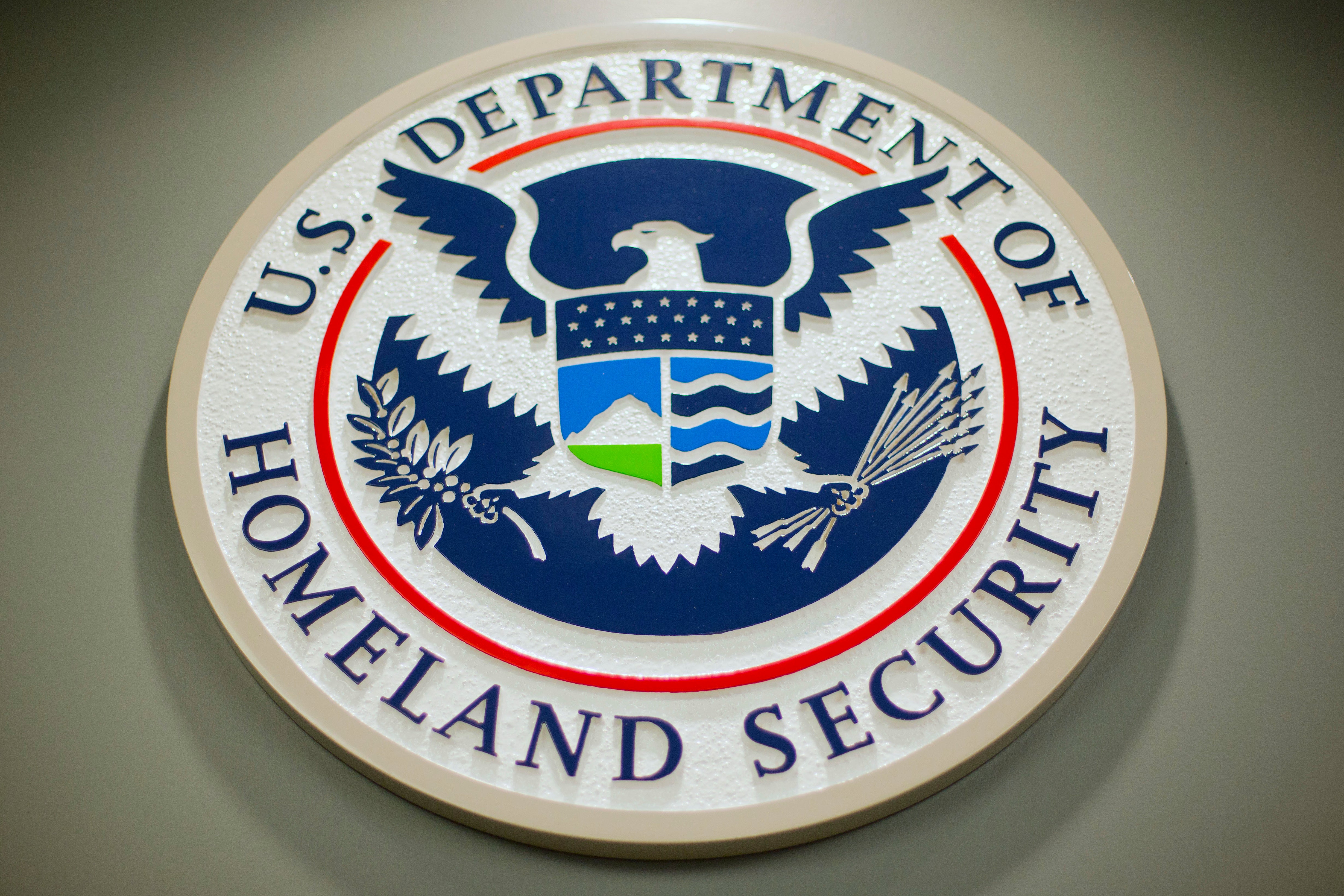US bans new types of goods from China over allegations of forced labor
The Department of Homeland Security has announced that it would ban the import of goods from a Chinese steel manufacturer and a Chinese maker of artificial sweetener

The Department of Homeland Security announced Wednesday that it would ban the import of goods from a Chinese steel manufacturer and a Chinese maker of artificial sweetener, accusing both of being involved in the use of forced labor from China's far-west region of Xinjiang.
The action broadens the scope of the U.S. effort to counter products from entering the country that the government says are tied to human rights abuses.
The additions to the entity list under the Uyghur Forced Labor Prevention Act marks the first time a China-based steel company or aspartame sweetener business have been targeted by U.S. law enforcement, DHS said.
“Today’s actions reaffirm our commitment to eliminating forced labor from U.S. supply chains and upholding our values of human rights for all,” said Robert Silvers, undersecretary of Homeland Security for policy. “No sector is off-limits. We will continue to identify entities across industries and hold accountable those who seek to profit from exploitation and abuse.”
The federal law that President Joe Biden signed at the end of 2021 followed allegations of human rights abuses by Beijing against members of the ethnic Uyghur group and other Muslim minorities in Xinjiang. The Chinese government has refuted the claims as lies and defended its practice and policy in Xinjiang as fighting terror and ensuring stability.
The new approach marked a shift in the U.S. trade relationship with China to increasingly take into account national security and human rights. Beijing has accused the U.S. of using human rights as a pretext to suppress China’s economic growth.
Enforcement of the law initially targeted solar products, tomatoes, cotton and apparel, but over the last several months, the U.S. government has identified new sectors for enforcement, including aluminum and seafood.
“That’s just a reflection of the fact that sadly, forced labor continues to taint all too many supply chains,” Silvers told a trade group in June when marking the two-year anniversary of the creation of the entity list. “So our enforcement net has actually been quite wide from an industry-sector perspective.”
He said the law “changed the dynamic in terms of putting the onus on importers to know their own supply chains" and that its enforcement had showed that the U.S. could “do the right thing” without halting normal trade.
Since June 2022, the entity list has grown to a total of 75 companies accused of using forced labor in Xinjiang or sourcing materials tied to that forced labor, Homeland Security said.
Baowu Group Xinjiang Bayi Iron and Steel Co. Ltd and Changzhou Guanghui Food Ingredients Co. Ltd. were the Chinese companies newly added to the list.
Bookmark popover
Removed from bookmarks